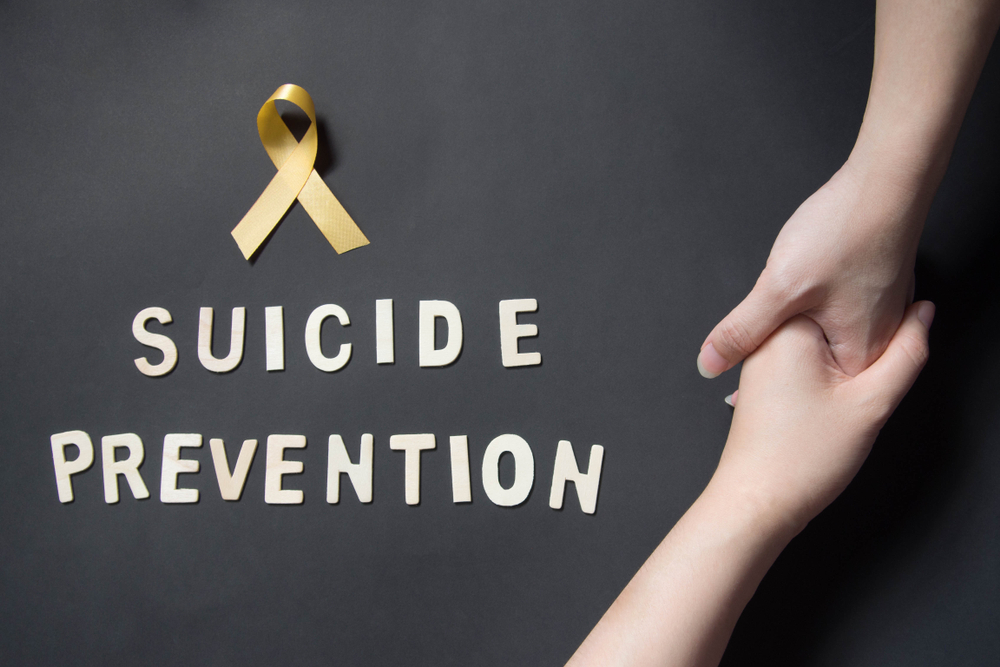Suicide is death caused by deliberately injuring or hurting oneself with the intent to die. A person who is suicidal will struggle with suicidal ideation (SI), also referred to as suicidal thoughts or ideas, which is defined as a “broad term used to describe a range of contemplations, wishes, and preoccupations with death and suicide.” According to the Centers for Disease Control and Prevention (CDC), suicide is the 12th leading cause of death in the United States. Discovering that someone you know and care about is struggling with suicidality can be uncomfortable, overwhelming, and confusing, and can also be pivotal moment in your relationship. Nevertheless, in these situations it can be difficult to know what to say or do. Below are common examples of unhelpful responses that you should avoid saying to someone who is suicidal and suggestions of more effective alternatives, provided by Child & Adolescent Behavioral Health:
- Do not say: “You don’t mean that. You don’t really want to die.”
- This is dismissive and implies that you are not interested in participating in a conversation regarding this topic.
- Instead say: “Thank you for trusting me. I want to help.”
- Do not say: “Your life is not that bad.”
- This is invalidating and implies that you do not understand their feelings.
- Instead say: “It must be awful for you right now. Tell me about it.”
- Do not say: “Other people have problems worse than you and they do not want to die.”
- This reinforces their negative self-view and further enhances feelings of shame, guilt, inadequacy, etc.
- Instead say: “You are not in this alone. I am here for you.”
- Do not say: “You have so much to live for.”
- This broadly projects what aspects of life should provide meaning and quality, something person must decide for him or herself, and is a blanket statement that shows a profound lack of understanding.
- Instead say: “You mean so much to me.”
- Do not say: “You are young. You have your whole life ahead of you.”
- This is basically telling a person who is suicidal that by continuing to live they have a lifetime of suffering ahead of them.
- Instead say: “It can get better. I’ll help you find a way.”
The emotional vulnerability that is required to share with someone that they are suffering from suicidal thoughts gives you a unique opportunity to offer the same level of emotional depth in way you express your support. Hence, there is significant emphasis on the way you respond, as it will likely inform whether your loved one chooses to continue confiding in you or shut down entirely.
For Information and Support
Every family in need of mental health treatment must select a program that will best suit the needs of their family. When one member of a family struggles, it impacts everyone in the family unit. To maximize the benefits of treatment we work closely with the entire family to ensure that everyone is receiving the support they need through these difficult times. Seeking help is never easy, but you are not alone! If you or someone you know needs mental health treatment, we strongly encourage you to reach out for help as quickly as possible. It is not uncommon for many mental health difficulties to impact a person’s life, long term. Pursuing support at the beginning of one’s journey can put the individual in the best position to learn how to manage themselves in a healthy way so they can go on to live happy and fulfilling lives.
OUR KNOWLEDGEABLE ADMISSIONS TEAM CAN BE REACHED 24/7 AT INFO@PACIFICRTC.COM OR CALL: 800-531-5769






